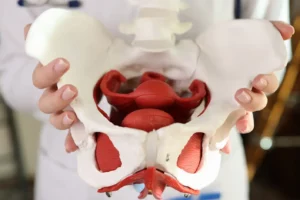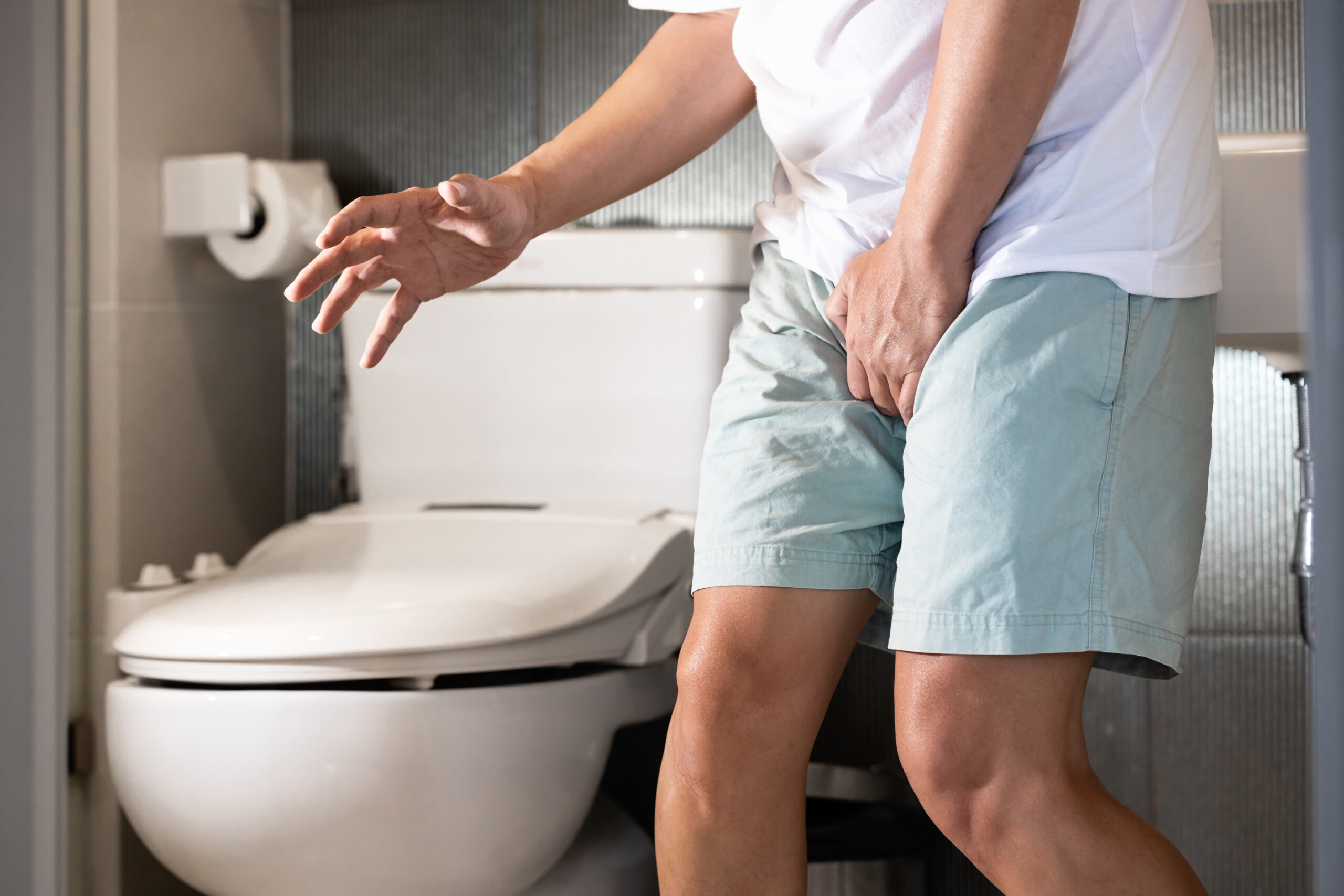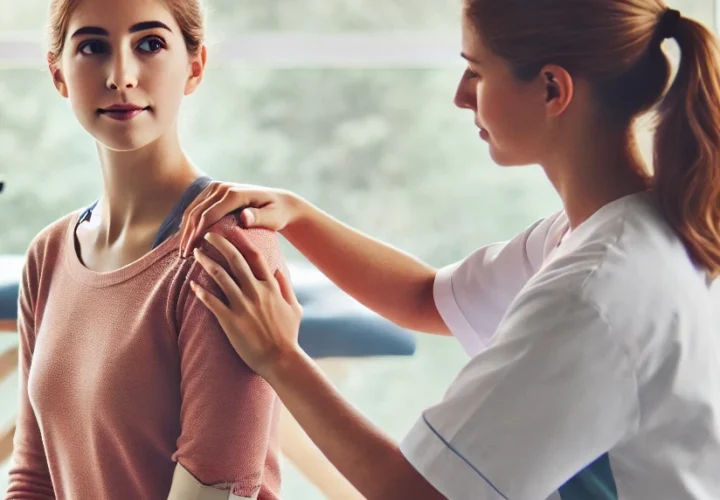Welcoming a new life into the world is a miraculous journey, but it often brings significant changes to a woman’s body, particularly in the pelvic region. The postpartum period is a time of adjustment, healing, and recovery, and for many women, pelvic physical therapy can be an invaluable resource in this process. In this blog, we will explore the benefits of pelvic physical therapy postpartum and how it can support women in their journey to reclaiming their health and well-being after childbirth.
Understanding Postpartum Changes: Pregnancy and childbirth cause significant changes to a woman’s body, particularly in the pelvic floor muscles, which play a crucial role in supporting the bladder, uterus, and bowels. During pregnancy, these muscles undergo considerable strain and stretching to accommodate the growing fetus, and childbirth, whether vaginal or cesarean, can further impact their strength and function. As a result, many women experience issues such as urinary incontinence, pelvic pain, and pelvic organ prolapse in the postpartum period.

The Role of Pelvic Physical Therapy: Pelvic physical therapy is a specialized form of physical therapy that focuses on the muscles, ligaments, and connective tissues of the pelvic region. It is designed to address a wide range of issues related to pelvic health, including pelvic pain, incontinence, prolapse, and sexual dysfunction. In the postpartum period, pelvic physical therapy can be particularly beneficial for women who are experiencing discomfort or dysfunction in the pelvic area. We provide this type of physical therapy at Hohman Rehab.
Benefits of Pelvic Physical Therapy Postpartum at Hohman Rehab:
- Restoring Pelvic Floor Function:
One of the primary goals of pelvic physical therapy postpartum is to restore strength, flexibility, and coordination to the pelvic floor muscles. Through targeted exercises and techniques, pelvic physical therapists can help women regain control and function of these muscles, reducing symptoms of incontinence and pelvic pain.
- Addressing Pelvic Pain:
Many women experience pelvic pain in the postpartum period, whether as a result of childbirth trauma, hormonal changes, or musculoskeletal imbalances. Pelvic physical therapy can help identify the underlying causes of pelvic pain and provide targeted interventions to alleviate discomfort and improve mobility.
- Preventing and Treating Incontinence:
Urinary incontinence is a common issue for women after childbirth, but it is not something that they have to accept as a normal part of motherhood. Pelvic physical therapy can help strengthen the pelvic floor muscles, improve bladder control, and teach women techniques to prevent leakage and accidents.
- Supporting Emotional Well-being:
The postpartum period can be emotionally challenging for many women, particularly if they are struggling with physical symptoms such as pain or incontinence. Pelvic physical therapy provides a supportive environment where women can discuss their concerns openly and receive personalized care to address their specific needs, promoting overall emotional well-being and confidence in their bodies.
Enhancing Sexual Function:
Sexual dysfunction is another common issue for women after childbirth, but it is often overlooked or ignored. Pelvic physical therapy can help women overcome barriers to sexual intimacy by addressing pelvic pain, improving pelvic muscle function, and providing education and guidance on techniques for comfortable and pleasurable intercourse.
The postpartum period is a time of profound change and adjustment for women, both physically and emotionally. Pelvic physical therapy offers a holistic approach to postpartum care, addressing the unique needs of women as they navigate the challenges of childbirth and motherhood. By restoring pelvic floor function, alleviating pelvic pain, and promoting overall well-being, pelvic physical therapy can empower women to reclaim their health and vitality after childbirth, allowing them to thrive in their new roles as mothers. Schedule an appointment today with our pelvic health specialist at Hohman Rehab!




